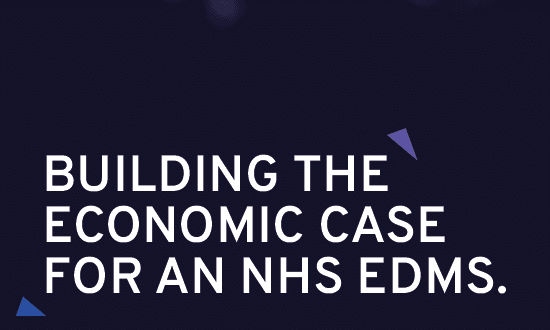Dealing with incident overload: learning to prioritise investigations
- 13 October 2016

At the turn of the century, there was considerable interest in both the US and the UK in how healthcare could learn from other safety critical industries in order to stop preventable incidents from happening – and from being repeated.
In the US, the Institute of Medicine published ‘To Err is Human: Building a Safer Health System’ while in the UK, the chief medical officer, Professor Sir Liam Donaldson, published ‘An Organisation with a Memory’ (the implications of which were discussed in an earlier paper from Datix).
Since 2000, there has been a major increase in the use of reporting systems by healthcare organisations. But there are still challenges to embedding a safety culture, one of which is ‘incident overload’ – or the sheer number of reports that these systems can generate.
James Titcombe, a patient safety specialist at Datix, argues that it would be impractical for hospitals to investigate every incident. What they need to do, and what NHS England and the Care Quality Commission already recommend, is investigate serious and recurring problems.
This will enable common risks to be identified and the costs and benefits of dealing with them evaluated. IT can help organisations to identify the right incidents and develop these systems and processes, he adds.
Read the paper now
© Copyright 2016 Datix Ltd. All rights reserved.
Contact Datix:
Our website – www.datix.co.uk
Contact us page – www.datix.co.uk/en/contact
Sales contact – sales@datix.co.uk
Twitter – @DatixUK
Datix
Melbury House
51 Wimbledon Hill Road
London SW19 7QW




